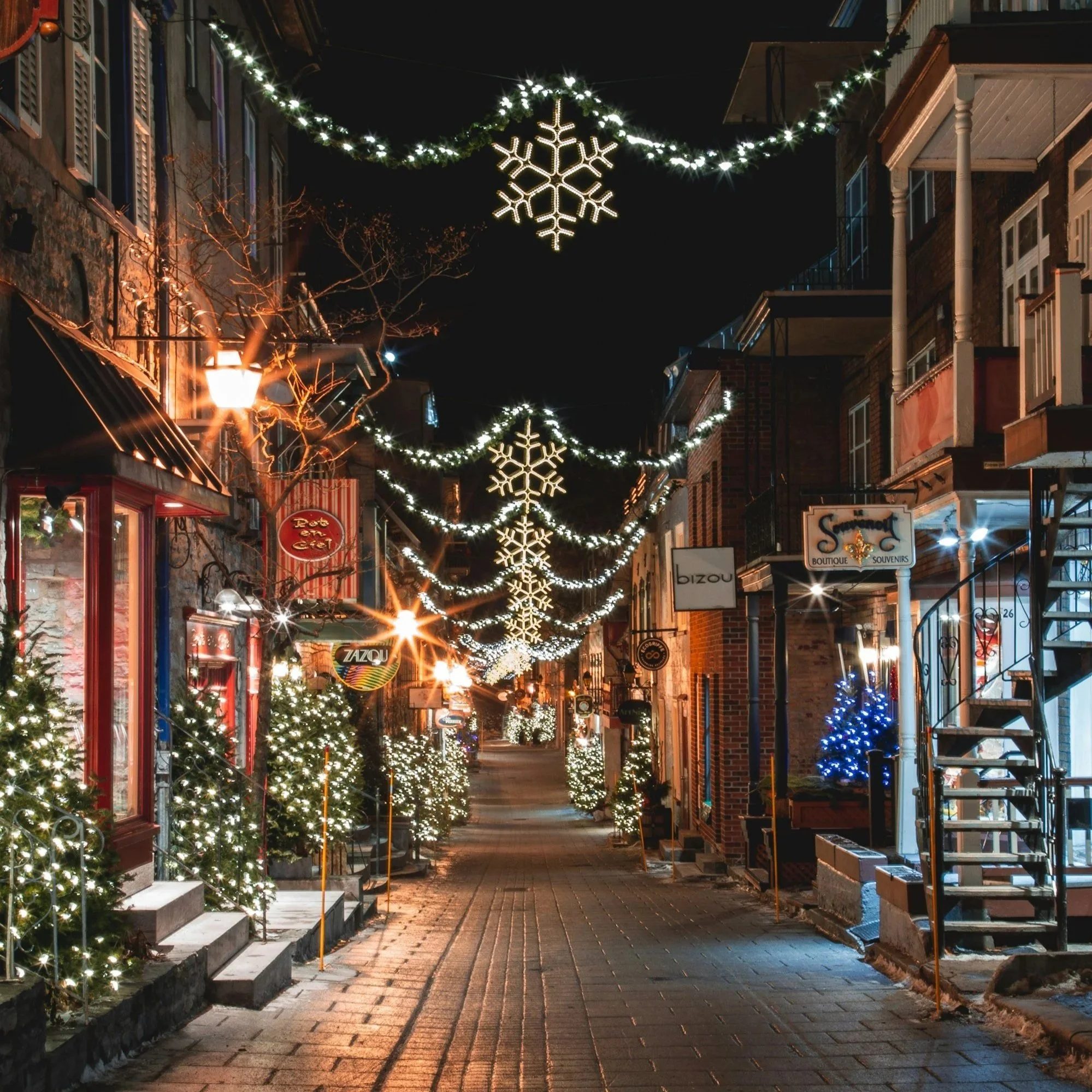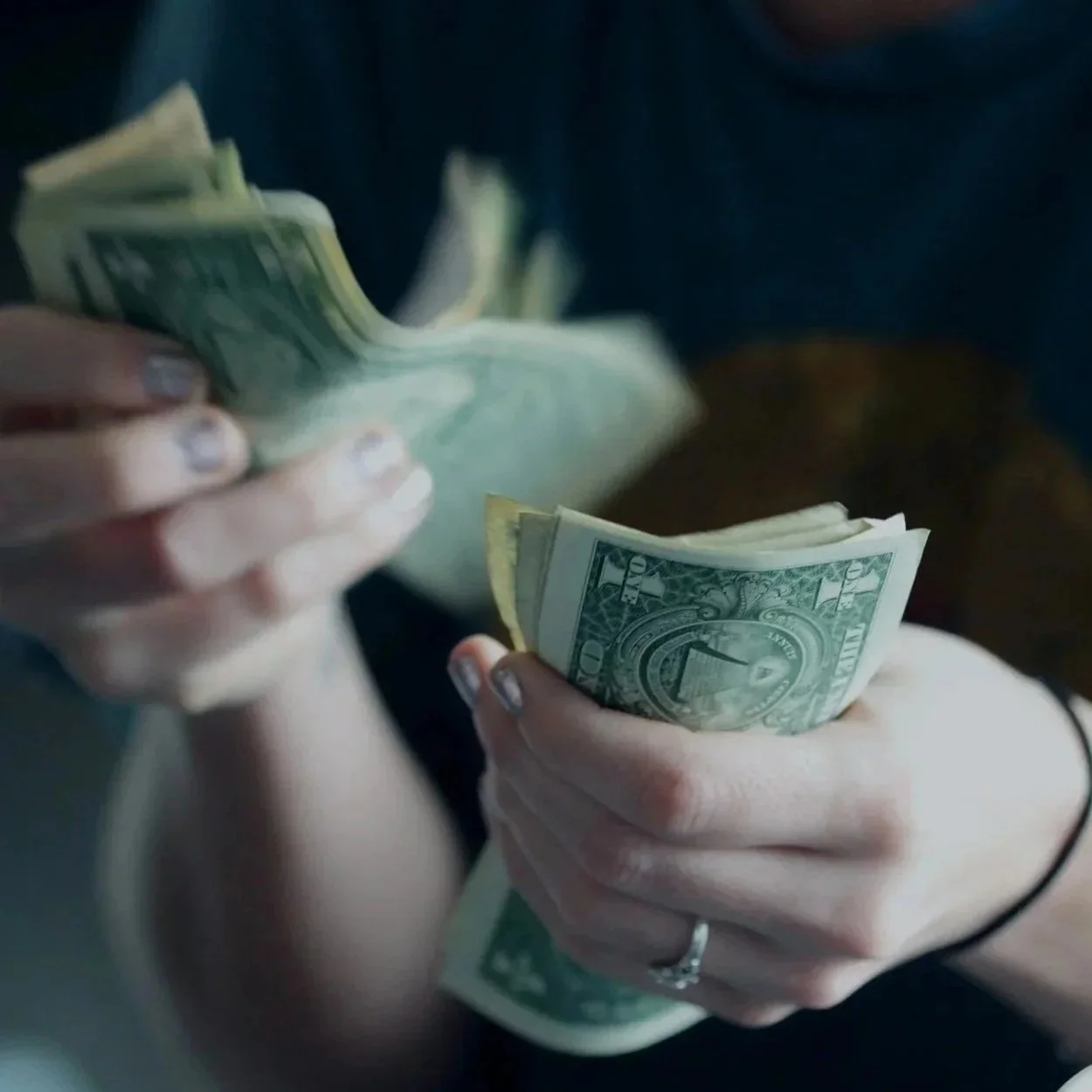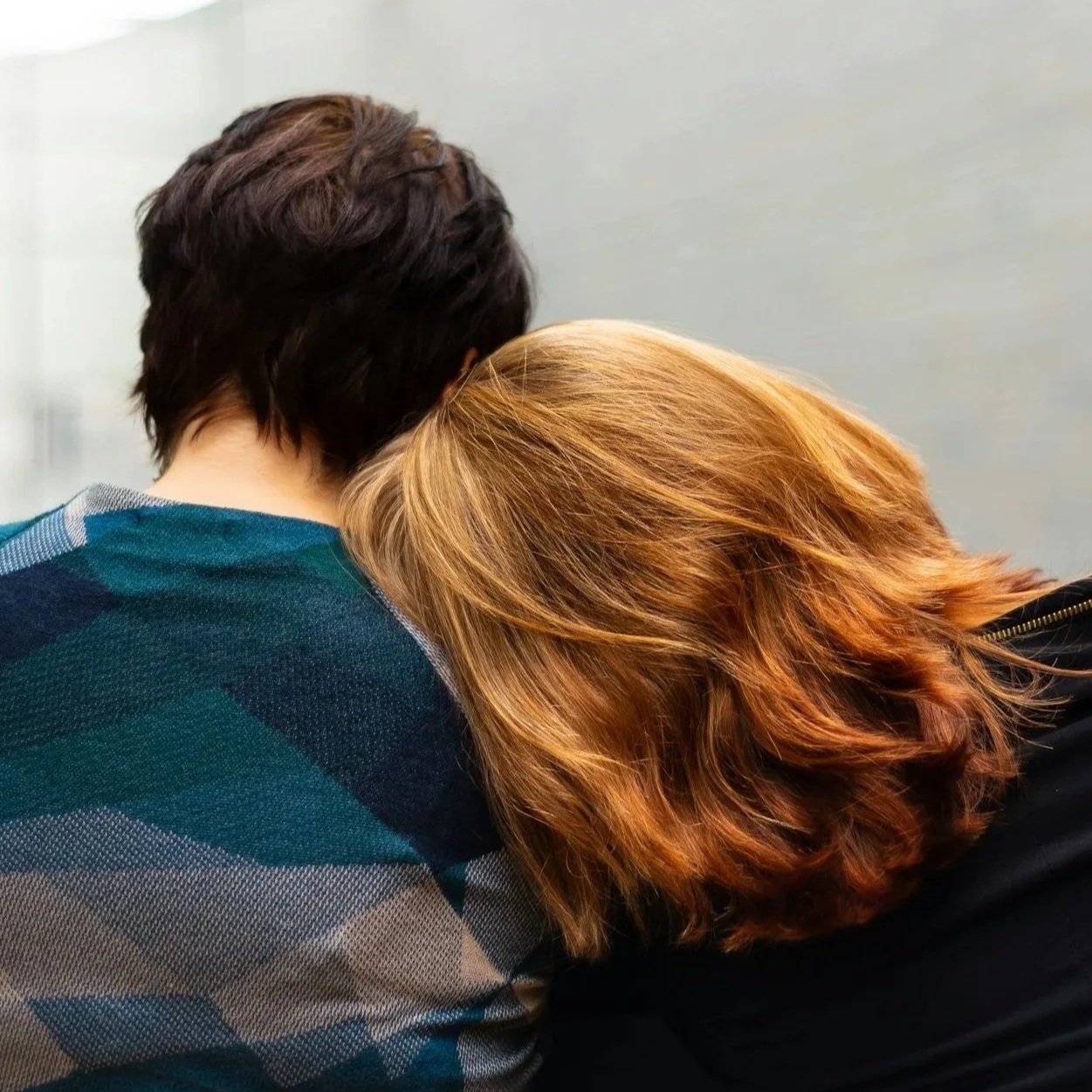Why Do the Holidays Make Me Anxious? Understanding Seasonal Stress and How to Protect Your Well-Being
For many people, the holiday season brings a mix of warmth, reflection, and connection. But for just as many, it also brings something else: anxiety—sometimes mild, sometimes overwhelming, and often confusing.
If you’ve ever found yourself asking “Why does this time of year make me so anxious?”, you’re not alone. In fact, holiday-related anxiety is extremely common, even among people who feel generally steady throughout the rest of the year.
Let’s break down why this happens, what’s going on underneath the surface, and how you can navigate the coming weeks with more clarity, compassion, and control.
1. The Pressure to “Feel Happy” Increases Anxiety
This season is often marketed as a time of joy, gratitude, and celebration. But the expectation that you should feel a certain way can create emotional tension.
When you’re told:
“This is the most wonderful time of the year,”
“Make the most of the holidays,” or
“Don’t let anything ruin the season,”
…it places pressure on you to perform happiness—even when your internal world doesn’t match the external script.
That mismatch is a major source of anxiety. You end up monitoring your mood, judging yourself harshly, and wondering why you’re not feeling what you think you’re supposed to feel—a process that increases emotional stress rather than relieving it.
Anxiety thrives in environments where we believe we “should” feel differently than we do.
2. Family Dynamics Become More Intense
Whether your relationships are strained, complicated, or simply emotionally loaded, the holidays often bring:
more contact
more expectations
more opportunities for conflict
more revisiting of old patterns
Even positive relationships can be stressful when they come with logistical juggling, relationship maintenance, or emotional caretaking.
If your nervous system tends to be sensitive, or if you grew up in environments where tension was normal, this time of year can activate old wounds. You may feel a sense of dread without knowing exactly why.
Many people assume their anxiety is about the holidays themselves, when it’s actually about returning to old roles, dynamics, or memories that you’ve spent all year growing beyond.
3. Financial Stress Can Be a Major Trigger
The holidays are expensive—travel, meals, events, gifts, charity drives, and social obligations all stack up.
And stress isn't only about money itself. It’s also about:
comparison (“I wish I could give more”)
guilt (“I don’t want to disappoint anyone”)
fear (“I’m falling behind compared to others”)
scarcity (“I can’t do everything I wish I could”)
Financial anxiety blends practical concerns with emotional layers. Even if you logically know you’re doing your best, the pressure can make your fight-or-flight response activate.
4. Disrupted Routines = Disrupted Regulation
Your nervous system likes predictability. It helps you feel grounded and in control. But during the holidays:
sleep schedules shift
eating patterns change
routines dissolve
responsibilities spike
downtime decreases
Even fun disruptions (travel, celebrations, staying up late) can dysregulate the system.
If you live with anxiety, ADHD, trauma, or a more sensitive nervous system, these changes can feel destabilizing. Your body interprets unpredictability as a threat, causing symptoms that feel like they appear “out of nowhere.”
5. Social Overload + People-Pleasing Burnout
This time of year tends to magnify:
social commitments
invitations
reunions
gatherings
family events
workplace expectations
If you’re introverted, anxious, neurodivergent, or simply tired from the year, the constant interaction can feel draining.
And if you tend to put others first (emotionally, socially, or logistically), you might experience people-pleasing fatigue—the sense that you’re meeting everyone else’s expectations at the expense of your own well-being.
Anxiety shows up when your internal boundaries are stretched too thin.
6. Grief, Loneliness, and Emotional Memories Resurface
The holidays are a time when people naturally reflect on:
who they’ve lost
relationships that changed
breakups or estrangements
childhood memories
life transitions
goals unmet or dreams delayed
Even if you’re not consciously thinking about these things, your nervous system may be remembering.
This season often brings emotional echoes—reminders of what once was, what never was, and what can no longer be. That emotional weight can easily manifest as anxiety.
7. Shorter Days and Lower Light Levels Influence Mood
Even if you don’t experience full seasonal depression, lower daylight affects your:
sleep rhythms
energy levels
hormones
mood stability
When your body is already under strain from holiday expectations, these physiological shifts can intensify emotional symptoms.
It may feel like “holiday anxiety,” but it’s often holiday stress layered on top of winter mood changes—making everything feel heavier.
How to Support Yourself Through Holiday Anxiety
While some stress is unavoidable, your anxiety doesn’t have to run the season. Here are foundational ways to anchor yourself:
1. Lower your emotional expectations.
Instead of aiming to “feel festive,” aim to feel regulated, present, and supported.
2. Give yourself permission to do less.
It’s okay to decline invitations, simplify traditions, or reduce obligations.
3. Protect your nervous system.
Even small practices—breathing, grounding, short breaks, gentle movement—can make a significant difference.
4. Create micro-boundaries.
These might look like:
limiting the length of gatherings
stepping out for air during overwhelming moments
choosing who you sit near
planning decompression time afterward
5. Honor whatever you’re feeling.
None of your reactions are wrong. Emotional honesty is a gift you give yourself.
6. Seek support if you need it.
If anxiety consistently disrupts your daily life, relationships, or functioning, professional support can help you understand what’s happening and how to regulate more effectively.
Final Thoughts
If the holidays make you anxious, there’s nothing wrong with you. You’re responding to a complex mix of emotional, physical, social, and environmental factors—and many people feel the same, even if they’re not saying it out loud.
Your experiences are real. Your feelings make sense. And you deserve a season that supports you, not one that drains you.
If this season feels heavy, know that you don’t have to navigate it alone. I’m here to help you find steadiness, clarity, and a way of moving through the holidays that honors your wellbeing. Wishing you a peaceful and gentle end to the year.
— Chad Inker, LPC, CCTP







